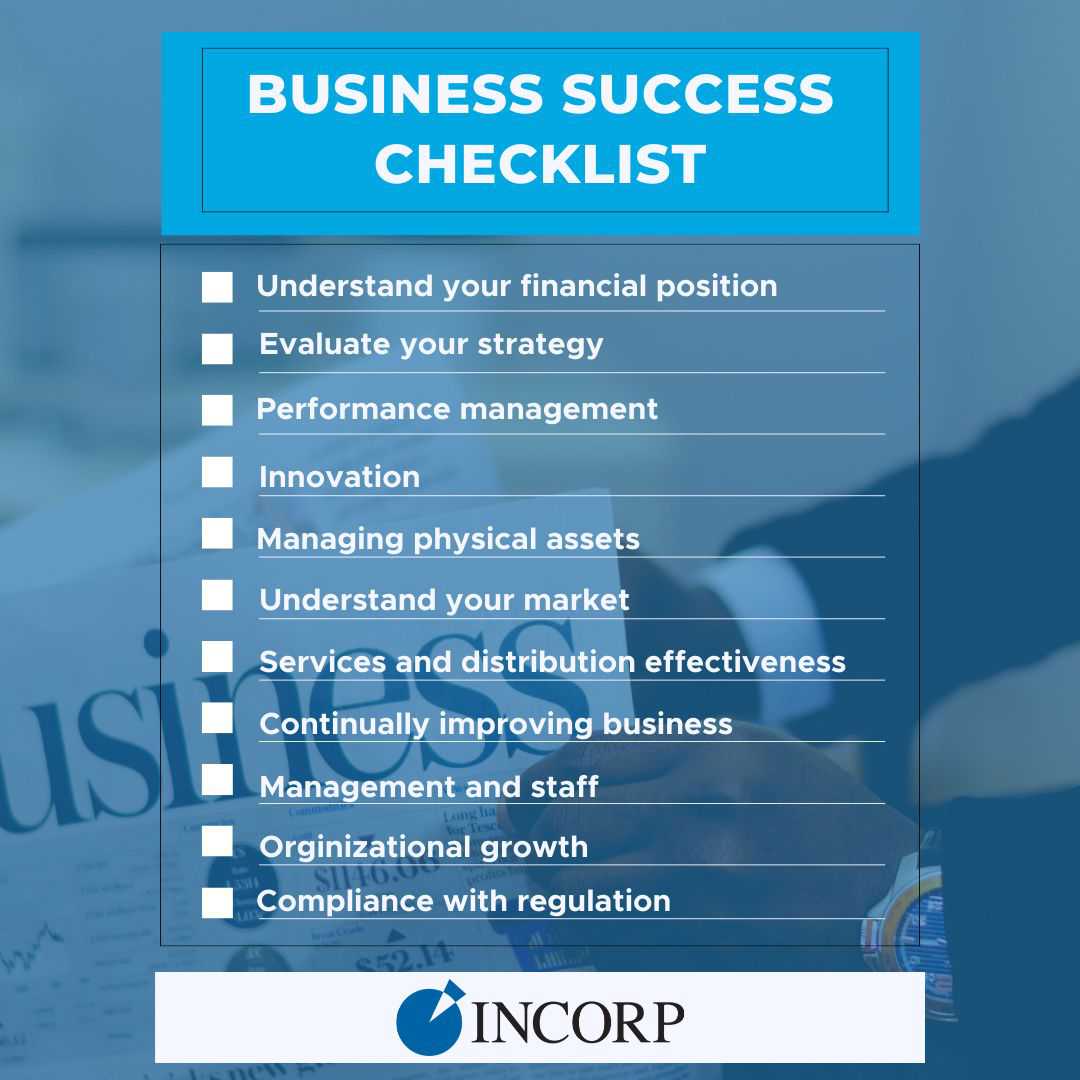Stay in the know!
Join our newsletter for special offers.
Evaluating your financial position is a critical step in evaluating the health of your business. Discuss your financial position with your accountant or business adviser. Your accountant will help you identify potential risks and provide useful solutions and further guidance. Remember -- cash is king, especially in an economic downturn. Cash flow management is crucial in setting budgets. The budget comes from the business plan and is your day-to-day means of monitoring and controlling the business.
As a business owner, it is important to evaluate and understand your business. This is a critical skill that could mean the difference between survival and business failure. During times of economic crisis and low availability of finance, there is often a danger that corporate strategy can take a back seat to survival. Evaluate your company ownership, structure and internal organization. Small companies must focus on the fundamentals of their business. In order to develop a strategic plan, you should have a robust business plan inclusive of an executive summary, primary statements, and strategic position. You must also have a range of key performance indicators to measure your business success. Develop a process to obtain accurate, reliable and timely information on actual performance. While managing your business, you need to give attention to both the business plan and the budget that has been derived from it.
This systematic process in which an organization encompasses its employees to improve organizational effectiveness in the accomplishment of agency mission and goals. Have a plan in which you are regularly receiving reliable and relevant reports.
Business survival depends greatly on innovation in these highly competitive markets and it helps differentiate products and services. Managing innovation requires systematically looking for opportunities in regulatory changes, developments in technology, developments in other markets, bench-marking business processes, and collaboration with suppliers. It is important to understand customers' use of products and services and what they like/dislike. Actively encourage and reward ideas and suggestions for new or improved product services.
Effective asset management can help improve productivity and performance and reduce cost. Consider optimizing your company's use of assets by considering production times, capacity, procedures, shift work, producing stock in the right proportion to sales, maintaining assets to cope with demand and evaluating non-asset alternatives to asset-based service provisions. If you run a digital or service-based business, consider time management, outsourcing, and automating to increase your productivity. Bottom line is to ensure that you get the most from your investment, but you must also keep an eye on replacement.
Information about your market and your competitive environment will enable you to plan your business strategy and business structure better. Obtain information from your customers, trade bodies, suppliers, competitors, and media to have a better understanding of your market. There are often industry-specific research reports or subscriptions to stay up to date and informed. Understanding your market can help you know what direction to move, and new opportunities to reach into. As the saying goes, knowledge is power.
Getting your product or service to the market economically and on time. Transport and distribution can become a large expense on business costs. It is important to have a good plan in place to meet changes in customer demand and expectations. This plan can have profound effects on your operations and logistics. If you have a digital or service-based business consider your response, completion time, and follow-up communication.
It is important to look at the factors affecting your business to examine where there may be opportunities for improvement. Continuous improvement is required to give the best value to your business. Quantity without quality could ruin your longer-term market prospects. Consult your customers on the quality of your products. Keep records of customer complaints and have clear standards for your business. You may also be interested in hiring an outside consultant to get a fresh outlook on your business. Ensure that the information you gathered for monitoring your business drives continuous improvement.
Having a good team is critical for organizational success. Good people management is the foundation to achieve a successful, high-performance business. Consider your workforce, training, labor efficiency, sales force, and communication across the organization. Providing mentoring and coaching to staff can help them achieve their full potential and increase productivity. Management is about attaining success through people. If managed well, you can maximize their contributions to the success of the business.
Start by evaluating whether you have the need or desire to grow your business. Appraise the time and money it will take to bring in a new project or product. You should consider the training of the staff to understand the new product or service in order to meet demand. Consider if the premises are sustainable for the business. Your growth can be achieved by procurement, natural progression, or exporting. Whatever the growth strategy, match the market with all the resources to achieve your objective.
Complying with regulatory obligations is mandatory. Make sure you maintain records of all your required business licensing, state documents, and internal operational agreements. A corporate kit can help organize all relevant information. To make the process easier, hire a company that can assist in licensing compliance and managing your managing your business entities through an app or online.

Join our newsletter for special offers.